Anthony Albanese aims for energy election as Peter Dutton takes Newspoll lead on vision
As the PM bids to outmanoeuvre Peter Dutton on emission targets and the Coalition prepares for an early election, Newspoll has the Opposition Leader ahead as the more experienced and decisive leader.
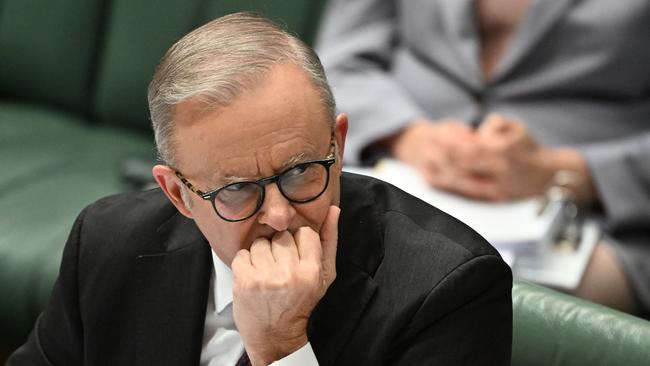
Anthony Albanese has bid to outmanoeuvre Peter Dutton on energy policy with the foreshadowing of even higher emission reduction targets, as the Coalition prepares for the possibility of an early election over climate change.
The Australian understands the Liberal Party has been war-gaming an early election scenario, and the opposition has submitted more than 100 policies to the Parliamentary Budget Office for costing.
The Prime Minister, in an unusual break with normal practice on a public holiday weekend, called a snap press conference on Monday to mock the Opposition Leader over his decision to abandon the 2030 emissions reduction targets.
Labor’s energy attack comes as a special Newspoll conducted for The Australian shows that Mr Dutton leads Mr Albanese as the more experienced and decisive leader with a better handle on the major issues, and for the first time now ranks ahead of the Prime Minister as having a vision for Australia.
Mr Dutton was deemed by voters as being stronger and more decisive than Mr Albanese – with the Liberal leader at 60 per cent to the Prime Minister’s 49 per cent on that score – as the opposition seeks to establish a narrative portraying the Prime Minister as a weak leader. The Labor leader still ranks as the more likeable and trustworthy, while continuing to be regarded as less arrogant and more caring than his rival.
In the wake of scrutiny over the government’s progress to a 43 per cent emissions cut compared to 2005 levels, Mr Albanese said he would consider the Climate Change Authority’s proposal for a 2035 target of 65 to 75 per cent.
“That is something for next year’s consideration,” the Prime Minister said on Monday. “What we’re focused on is our 2030 target on the way to net zero by 2050.”
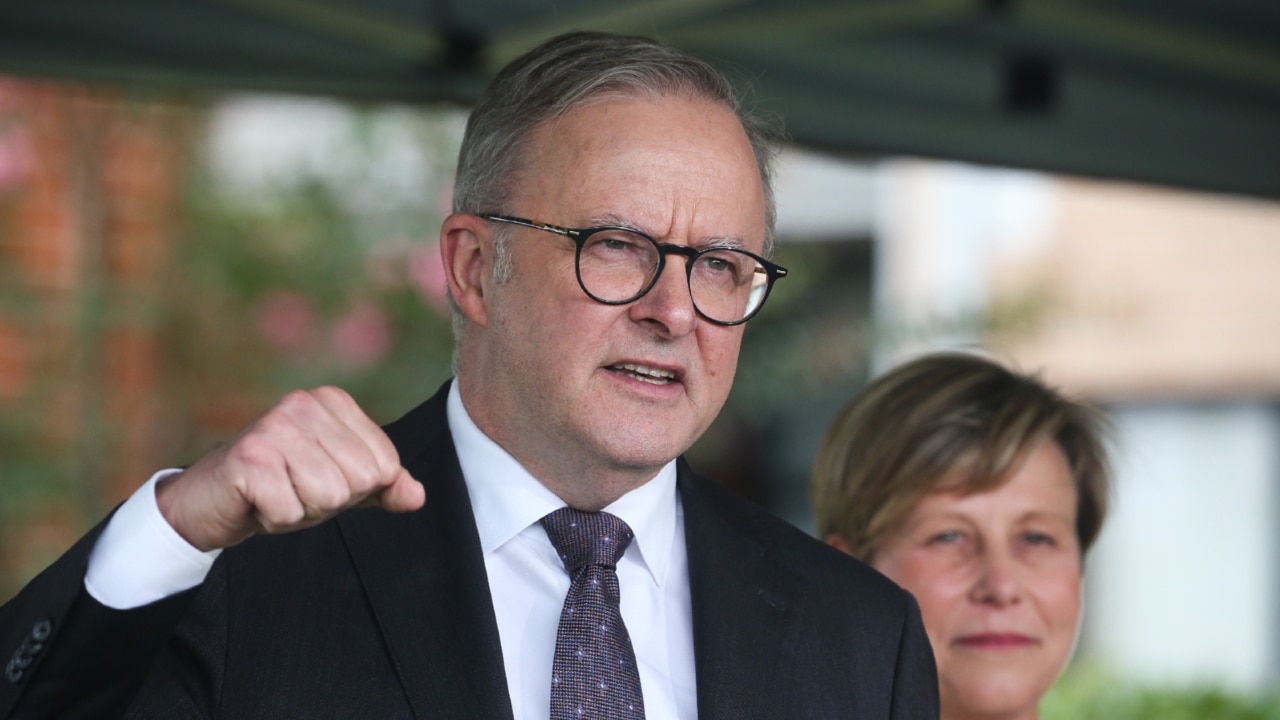
The intervention has heightened speculation that an early election was on the cards, with the Labor government seeking to avoid a clash over the economy and inflation, and aiming to wedge the Coalition on its abandonment of the 2030 emissions reduction target.
“Peter Dutton is walking away from climate action,” Mr Albanese said. “His decision to abandon the 2030 target means he is walking away from the Paris Accord. If you walk away from the Paris Accord, you’ll be standing with Libya, Yemen and Iran, and against all of our major trading partners, and all of our important allies.
“You can’t shape the future if you’re afraid of it, and Peter Dutton is afraid of the future, and he’s incapable of leading Australia towards the future that we need.
“Peter Dutton is worse than Scott Morrison on climate change.”
The Australian revealed on Monday that Mr Dutton will not leave the Paris climate change agreement and remains committed to the Coalition’s pledge of net zero by 2050, despite attempts by the Albanese government to wedge Liberal and Nationals MPs over the near-term emissions reduction target
On Monday, one of the nation’s leading energy experts criticised Labor’s net-zero targets as lacking “clarity” and underestimating “how difficult” achieving its climate goals would be,
Grattan Institute energy program director Tony Wood said that based on current progress towards reaching the emission targets, it was “getting very difficult for that not to be true”.
“I am quite confident if we can close virtually all the coal-fired power stations by 2035 and make significant progress … it’s possible that you could still have gas being developed and still achieve the target, but it depends upon the detail,” Mr Wood said. “It’s looking fairly tough for the government to achieve that (2030) target.”
The Newspoll findings reveal a strong contrast between the competing personalities as the due date for the next election draws closer. The two major parties draw level on a two-party-preferred basis following a two-point rise in the Coalition’s primary vote to 39 per cent and a closing of the gap between the leaders as to who would make the better prime minister.
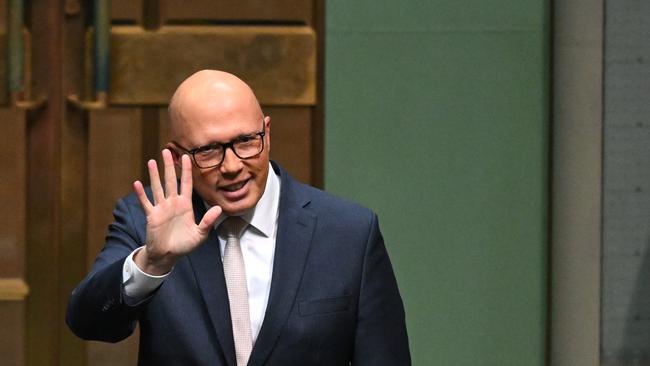
Mr Dutton remains the only opposition leader other than Tony Abbott to outrank a prime minister as the more experienced leader in the eyes of voters.
The last time the attributes of the leaders was tested by Newspoll was in December.
The results show either little change or slight improvements for Mr Albanese across nine lead indicators considered important to voters. Mr Dutton has also either lifted or maintained his numbers across all nine.
In the eyes of voters, Mr Dutton has become marginally more likeable, more trustworthy, more caring, decisive and in touch with voters, while perceived by fewer voters as arrogant.
Mr Albanese has become slightly more likeable, in touch with voters and decisive.
On the measure of who voters regarded as the more experienced leader, the results were unchanged with Mr Dutton leading Mr Albanese 70-66.
The largest shift in perceptions was in which of the two leaders voters believed had a vision for Australia. On this measure, Mr Dutton rose four points to 59 per cent while Mr Albanese fell a point to 58 per cent.
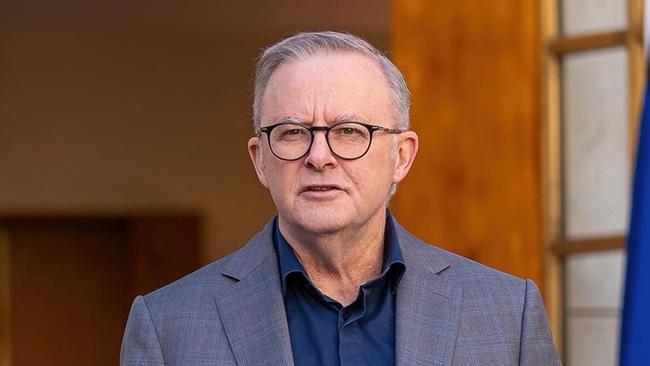
Mr Dutton is the first opposition leader to poll higher than a prime minister as having a vision for Australia since Bill Shorten briefly led Mr Abbott on this measure in 2013.
This result will be of concern to Labor strategists, with the party seeking to establish Mr Albanese’s Future Made in Australia agenda rollout as a vehicle for establishing the government’s vision for the country ahead of the election.
When respondents were asked who they thought was the stronger and more decisive leader, both Mr Dutton and Mr Albanese increased their vote by two points, with Mr Dutton maintaining a significant lead, 60-49.
The results of the Newspoll comes after Mr Albanese suffered a bruising two weeks in parliament. The sitting fortnight was dominated by poor economic and inflation numbers, the Direction 99 controversy ensnaring Immigration Minister Andrew Giles and an escalation in parliament of the political row over anti-Semitism.
Additional reporting: Sarah Ison


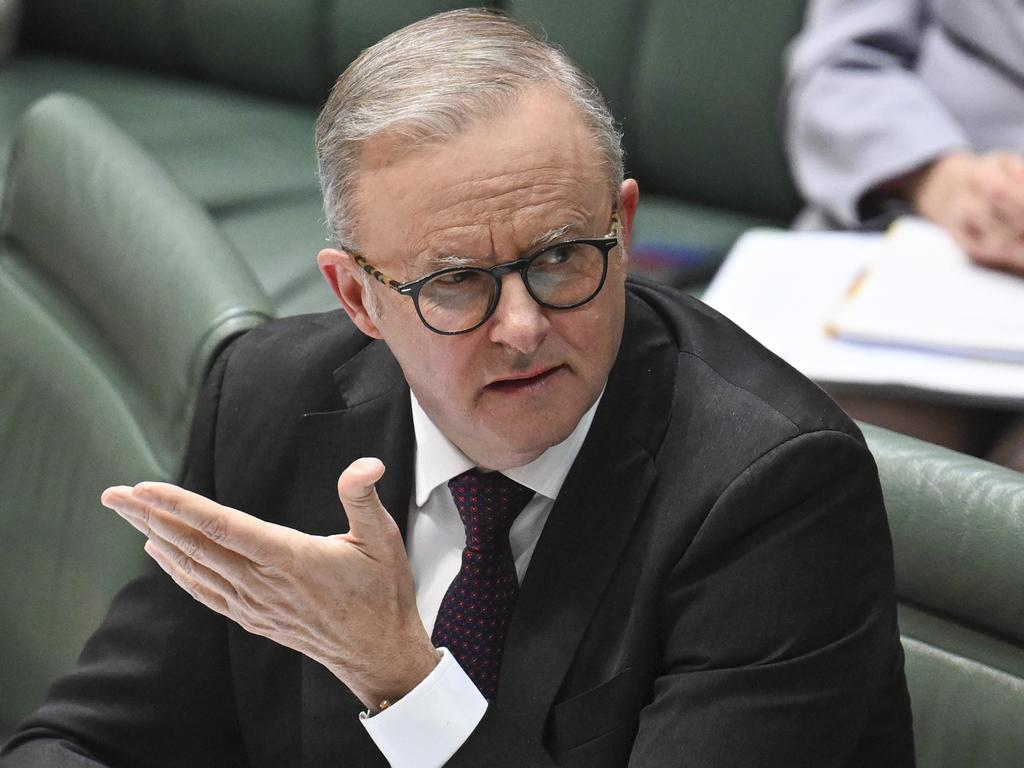

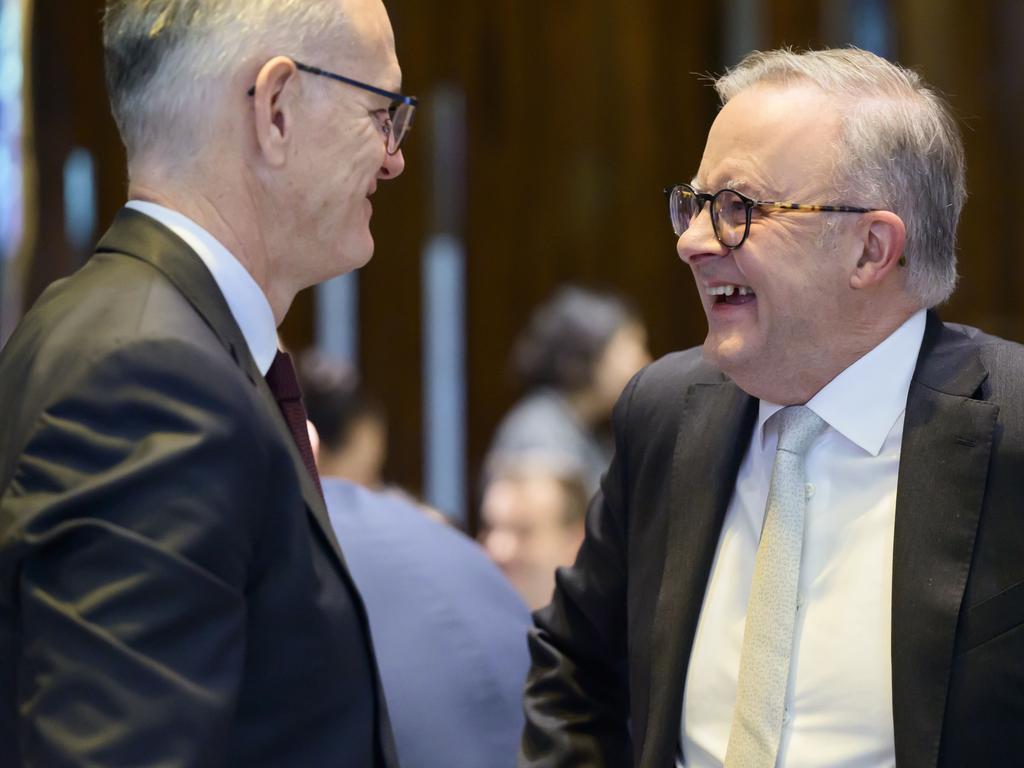
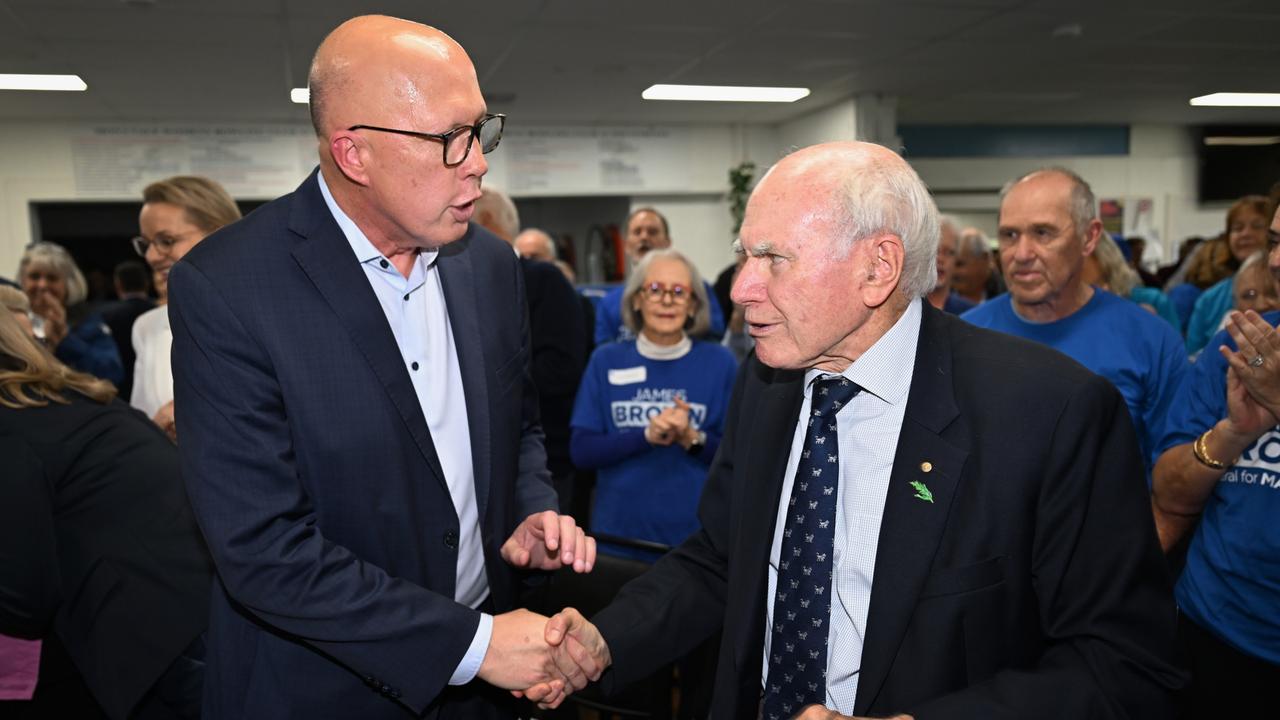
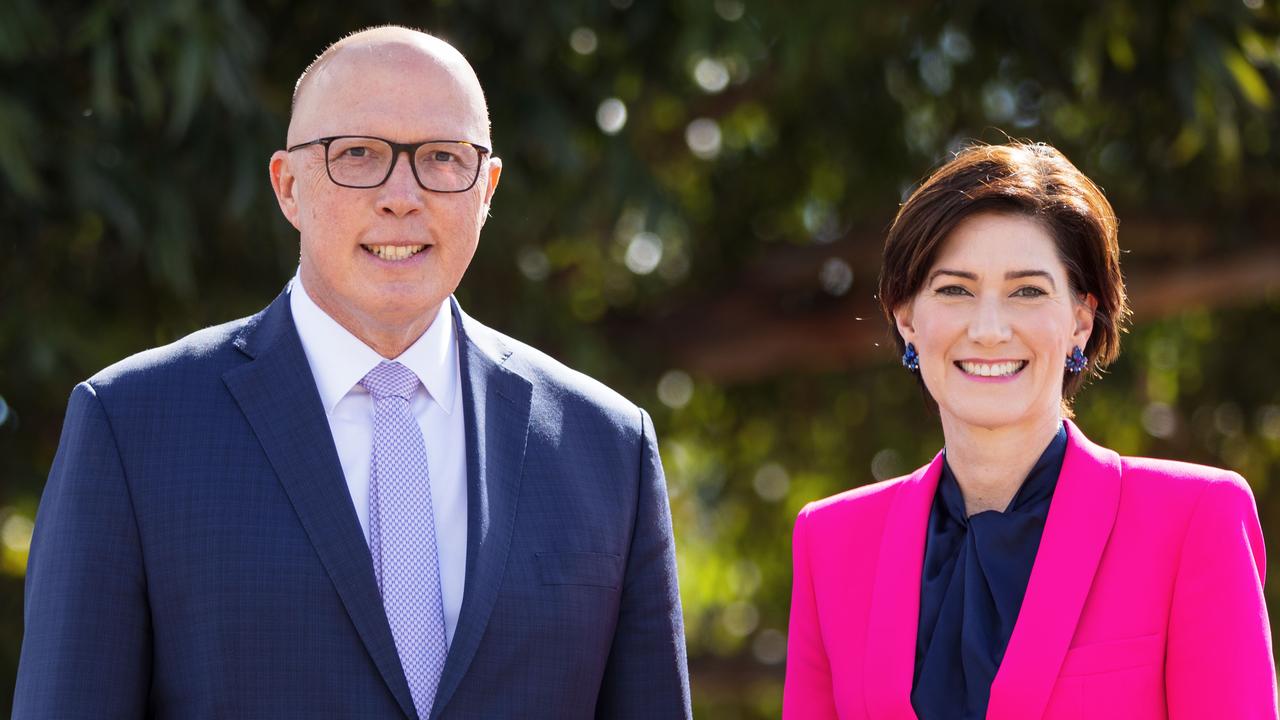
To join the conversation, please log in. Don't have an account? Register
Join the conversation, you are commenting as Logout